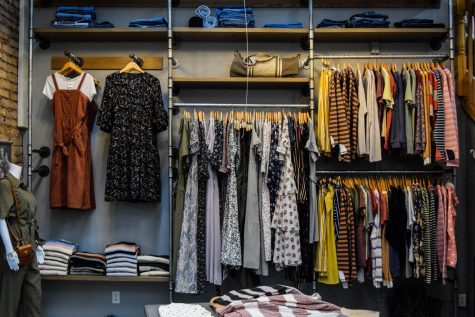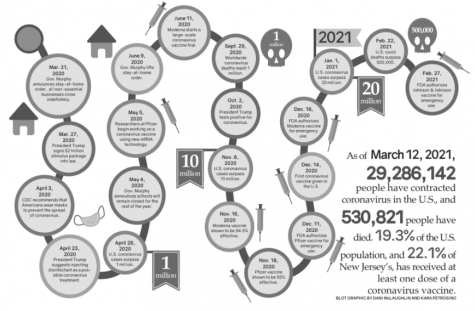Social media activism could have unintended consequences
October 9, 2020
On Tuesday, June 2, more than 28 million took to Instagram, Facebook and other social media platforms to share a black square as part of the #BlackOutTuesday movement as a means of showing solidarity against police brutality. Yet when millions of black squares, many posted under #BlackLivesMatter, flooded users’ feeds, it caused relevant information related to protests and other critical resources once present to no longer be seen. Ever since the death of George Floyd, social media has become a prime source for sharing information and resources relating to the Black Lives Matter movement. Organizations such as Change.org, the NAACP and the ACLU have all gained heavy social media traction by posting relevant information in sharable forms. On Instagram specifically, many have shared these posts to their stories, hoping that others will see and educate themselves on the topic. While these posts have good intent, participating in activism on social media can have unintended consequences.
When the Australian wildfires started gaining media attention, organizations started thinking of ways they could help those devastated areas, most taking to social media. Although some of these were legitimate, other accounts were not, such as @plantatreeco, which claimed on Jan. 5 that they would donate $1 to New South Wales Rural Fire Service for every 100 followers and reposts they received. The societal pressure of posts like this is also a prominent issue. For example, if a topic is trending and users see their friends’ posts about it, they are more inclined to jump on the bandwagon and share the post as well, for fear of judgement if they don’t. This gives them the idea that they’re helping the cause, even though it often does nothing.
Celebrities are also susceptible to performative activism, and although many have been criticized for their response to the Black Lives Matter movement, celebrities, in general, have been admirable, using their platforms to inform their followers and support the cause. Some, such as Ariana Grande and Harry Styles, even attended local BLM protests. Emma Watson, on the other hand, was condemned for her self-centered response; she posted three black squares for #BlackOutTuesday, but each square had a small white border around it to match the “aesthetic” of the other photos on her feed. After being called out, she reversed course by posting a wealth of BLM-related content, but then quit social media on June 6.
While getting educated on trending issues is crucial to understanding the world around you, it is also important to consider the validity and impact of the posts that you choose to share with others. Simply posting a black square on your feed or reposting an organization claiming to donate for every share they get may not always be enough. It is important to fact check everything you read, especially things getting shared quickly through social media, and look into doing more than merely posting about issues that are significant to you.










